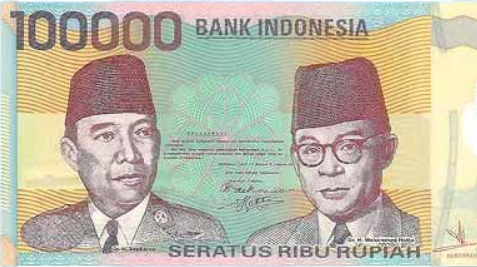JAKARTA – In an unexpected breakthrough, Indonesia and the United States have struck a trade deal that reduces U.S. tariffs on Indonesian exports from a threatened 32% to 19%, following intense negotiations. The pact was announced by President Donald Trump after a call with Indonesian President Prabowo Subianto.
Trump confirmed that Indonesia will purchase 50 Boeing aircraft, $15 billion in U.S. energy, and $4.5 billion in U.S. agricultural goods, while U.S. exports will enter Indonesia tariff-free. A key element includes measures to prevent transshipment of goods from China via Indonesia.
“Tough Negotiator” Prabowo Praised
President Prabowo described Trump as a “pretty tough negotiator”, highlighting the challenging negotiation process. His spokesperson, Hasan Nasbi, called the outcome the result of an “extraordinary struggle” by Indonesia’s economic team, underscoring that the 19% rate is markedly lower than for other Southeast Asian countries.
Boost for Markets and Monetary Policy
Indonesia’s Jakarta Stock Exchange responded positively, rising nearly 0.8%, buoyed by optimism that the deal would bolster exports and growth. The Bank Indonesia reflected this mood, implementing a rate cut to enhance economic momentum. Analysts attribute the cut partly to reduced trade uncertainty.
Regional Advantage and Export Winners
The resulting 19% tariff places Indonesia at the forefront of ASEAN economies, with Vietnam at 20%, Philippines 21%, and Malaysia 25%. While competitive sectors like electronics, rubber, palm oil, textiles, and footwear may face challenges, gains are expected in energy and agriculture, along with increased foreign investment inflows.
Pending Details and Exemptions
Key deal specifics remain under negotiation. Indonesia seeks exemptions for exports of palm oil, nickel, cocoa, rubber, and coffee, and the U.S. plans to dodge Indonesia’s “local content” rules. Customs safeguards, including penalties for rerouted Chinese goods, are also under discussion.
Strategic Context and Next Steps
This pact marks Indonesia as the fourth country to finalize a deal under Trump’s tariff push—alongside China, the UK, and Vietnam. It’s part of a broader U.S. initiative to reshape trade ahead of August 1, when 32% “reciprocal” tariffs could take effect worldwide.
Arrangement gives Indonesia a regional competitive edge
The Indonesia–U.S. trade agreement signals a major policy shift: reduced tariffs, expanded U.S. market access, and a stabilizing effect on Indonesia’s economy via rate cuts and investor confidence. While awaiting finer points and export exemptions, the arrangement gives Indonesia a regional competitive edge — but potential inflationary effects from global U.S. tariffs still linger. (zai/Reuters)

